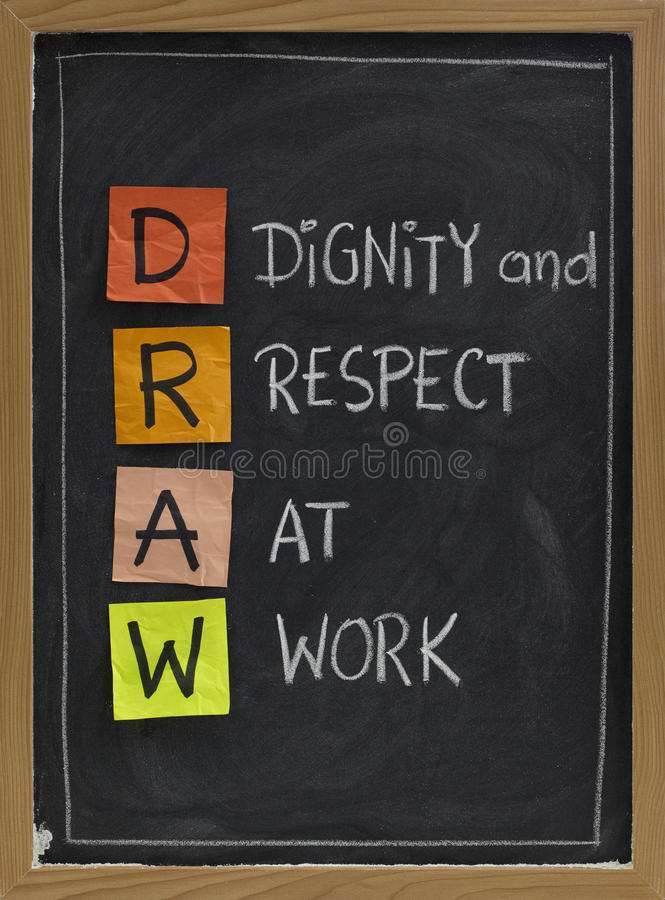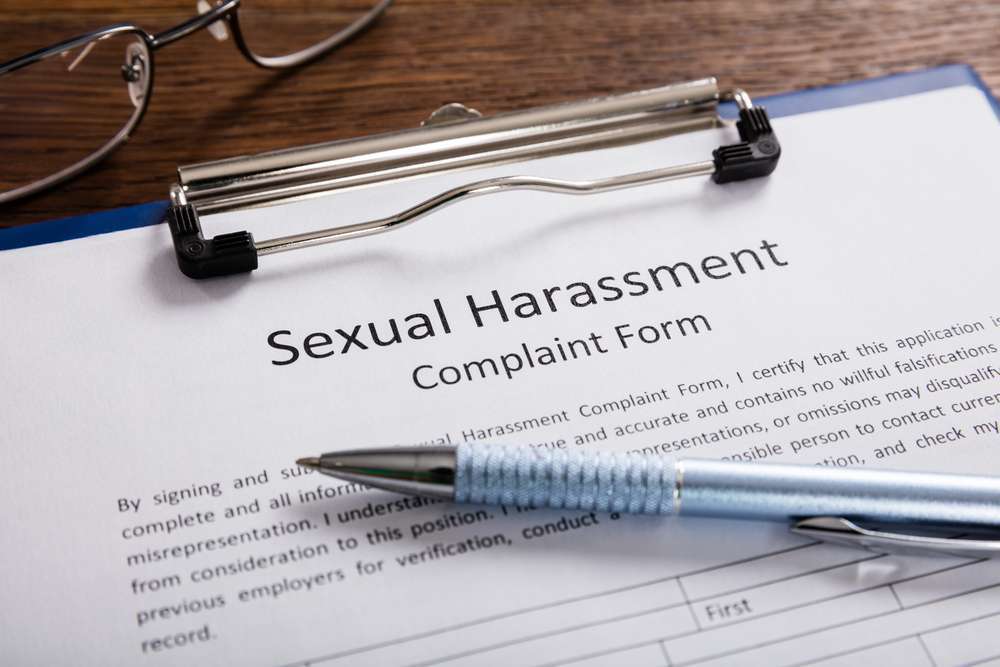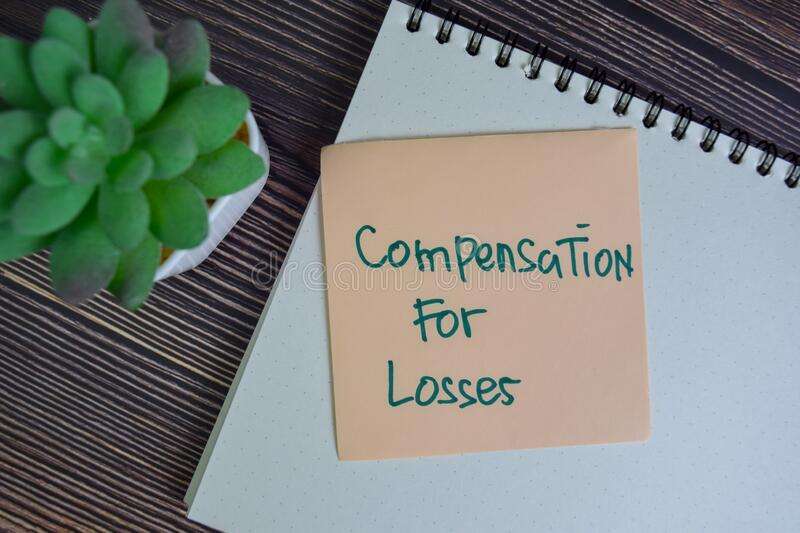
What are “General Protections”?
There is plenty of material written on general protections, and adverse action we have various blogs out on this. However sometimes more succinct answers to questions may be less confusing, hence the General Protections Application article. The General Protections provisions are set out in Part 3-1 of the Fair Work Act 2009 (Cth) (the FW ACT). Under the FW Act, employers are prohibited from taking adverse action against an employee because of a workplace right or industrial activities. It also protects against discriminatory treatment on the basis of protected attributes and sham arrangements.
Who is protected under the General Protections provisions?
The General Protections Provisions protect certain persons. Including employees and prospective employees, employers and prospective employers, independent contractors and prospective independent contractors. A person who has entered into or who has proposed to enter into a contract for services with an independent contractor and an industrial association. This includes an officer or member of an industrial association.
This means certain persons, such as an employer, are prohibited from taking adverse action against other certain persons. Such as an employee, because the other person or employee has, or exercises a workplace right or engages in industrial activity.
What is adverse action under the General Protections provisions?
Adverse actions can include dismissal of an employee but encompasses a range of other actions such as prejudicing the employee. Injuring the employee in his or her employment or discriminating against them. Altering the position of an employee to the employee’s prejudice or injuring the employee in his or her employment. This is a broad additional category of adverse action but includes situations in which an employee is in a worse position after the employer’s acts than before them.
As a result, a deterioration has been caused by the employer’s intentional acts and the employee has been deprived of one or more immediate practical incidents of employment. Examples of this include an employer issuing an employee with a written warning. Altering the roster and reducing their hours. Reducing their status and level of responsibility or suspending the employee.

What is my general protections claim worth, get the answer, click here
What is a workplace right under the General Protections provisions?
Under the FW Act, a person has a workplace right if they are entitled to the benefit of a workplace law or instrument. Has a role or responsibility under a workplace law or instrument. Is able to initiate or participate in a process or proceedings under a workplace law or instrument and is able to make a complaint or inquiry to seek compliance with a workplace law or instrument.
For example, an employee is entitled to complain about the fact that they were not given annual or personal leave. Or complain as to why there was a deduction in their pay. An employer is therefore prohibited from taking any adverse action. Such as dismissing an employee, because of this workplace right or because the employee has or has not exercised a workplace right.
How do I link the exercising of a workplace right to the adverse action?
The use of the word ‘because’ in these provisions is the central question in a General Protections dispute. The largest hurdle for any employee claiming an employer has acted adversely towards them. Is drawing the link between the exercise of a workplace right and the adverse action. This is a question of fact, where the Fair Work Commission must decide what the facts of each case are, based on the evidence presented. In turn the Commission must determine which of the circumstances were more likely to have occurred. This is on the civil test of “on the balance of probabilities” and in light of all the facts established in the proceedings.
Adverse action was taken
Unless the adverse action was taken ‘because of’ the prohibited reason. There will be no breach of the General Protections provisions. If it is alleged that a person is taking action solely for a non-prohibited reason, such as serious misconduct or poor performance, then there will be no breach. If there are multiple reasons for the action, one of them being a prohibited reason, the prohibited reason must be a substantial and operative reason. Even if it is not the sole or dominant reason, for a breach to be established. In addition, it is presumed that the action is being taken for the non-prohibited reason or with that intent, unless the person or employee proves otherwise.

If I did not make a complaint or inquiry, am I still protected under the General Protections provisions?
The General Protections provisions provide persons with protection against discriminatory treatment for a range of protected attributes. Discrimination in an employer-employee relationship is when an employer deliberately treats an employee, or a group of employees. Less favorably than other employees because of their race, colour, sex, sexual orientation, age, physical or mental disability. Marital status, family or Carer’s responsibilities, pregnancy, religion, political opinion, national extraction or social origin. The discrimination in this context is not limited to a direct and conscious distinction based on an employees’ protected attribute. But could also encompass indirect discrimination.
Indirect discrimination is conduct that appears neutral but impacts disproportionately on a group with a particular protected attribute. Thus could amount to, or result in, less favourable treatment. For instance, an employer that imposes a full-time work policy after an employee returns from maternity leave on a part-time basis, is arguably indirect discrimination.
The discrimination occurs as the employee is required to work full-time. If it is now necessary condition to maintain their position with the employer. This requirement is a condition that would disadvantage. Or is likely to disadvantage women as it is not reasonable in the particular circumstances.

Sexual harassment, as defined under state specific anti-discrimination laws or falling under sex discrimination. Is unwanted or unwelcome sexual advances. Requests for sexual favors or conduct of a sexual nature in circumstances which a reasonable person, having regard to all the circumstances, would have anticipated this behaviour to cause offense, humiliation or intimidation.
Temporary absence
The General Protections provisions provide persons with protection against dismissal only for temporary absence in their employment due to illness or injury. An employer must not dismiss an employee because the employee is temporarily absent from work due to illness or injury of any kind. However, the employee will not be protected if the employee’s absence extends for more than 3 months. The total absences of the employee, within a 12-month period, have been more than 3 months collectively. The employee is not on paid personal or Carer’s leave for the duration of the absence.
Can I lodge Sham Arrangement claim?
The General Protections provisions also provide protection against sham arrangements. An employer cannot misrepresent employment as an independent contract arrangement when the position actually involves entering into an employment contract. An express term that an employee is an independent contractor cannot take effect according to its term if the totality of the relationship contradicts this express term. Thus, an employer cannot argue that a person is an independent contractor if various factors, or indicia, point to an employer-employee relationship.

Coercion and undue influence or pressure, what do i do?
Another protection afforded under the General Protections provisions is coercion and undue influence or pressure. A person must not organize, take or threaten any action against another person. Or to force that other person to not exercise a workplace right. Thus, an employer must not threaten an employee with demotion unless the employee stops a sexual harassment claim against their manager.
In addition, an employer must not exert undue influence or undue pressure on an employee. Specifically in relation to a decision that an employee is required to make relating to the terms and conditions of employment. For instance, an employer must not pressure an employee to agree, or not agree, to a deduction from amounts payable to the employee in relation to the performance of work.
Last of all, the General Protections provisions protects freedom of association and involvement in lawful industrial activities. Thus, an employer must not take adverse action against an employee for their membership status with an industrial association and for participating, or not, in industrial activities.
What remedies are available under a General Protections application (provisions) ?
If a person, such as an employee, can successfully establish that another person, such as an employer, has breached the General Protections provision, the person may be entitled to remedies in the Fair Work Commission. If the claim proceeds the Federal Court or the Federal Circuit Court. Remedies available in the Fair Work Commission include reinstatement, orders relating to continuity or lost remuneration and compensation. In regards to compensation, this can include non-economic loss such as hurt, humiliation and distress where there is a casual connection between the contravention and the loss. Compensation in this form is referred to as general damages.

We have a page on general protections compensation that will be a guideline for you, click here
How do I lodge a General Protections application (claim) ?
If an employer has dismissed an employee and they believe this action was done because they have exercised a workplace right. The employee has 21 calendar days after the dismissal took effect, to lodge an application in the Fair Work Commission. Once an application is lodged, the Fair Work Commission will set the matter down for a conciliation conference. This is a private proceeding conducted by an independent conciliator.
This conference is an informal method of resolving a General Protections dispute. In which an independent conciliator will assist the parties in exploring options for resolution and help them to reach an agreement. Without the need for a formal hearing or court proceedings. If either party objects to a conference, an application for an interim injunction can be made and the matter can proceed directly to court.

Conclusion to general protections Application
I hope you enjoyed the article “general protections application”. We are A Whole New Approach, leaders in all matters with the Fair work Australia, and Fair work Commission. This includes adverse action, sacked from work, unfair dismissals, probation period disputes, workers rights, abandonment of employment. We are fierce advocates in commentary, representation and research for employment rights.
Anything to do with the workplace we are here for you. AWNA are not lawyers, nor do we charge by the hour and the email. We have no win, no fee options and fixed fees. So you know exactly where your at as far as fees go. We work hard for you, we are proud of our staff and the outcomes we get for clients.
Call, 1800 333 666, advice is free, prompt and confidential.






